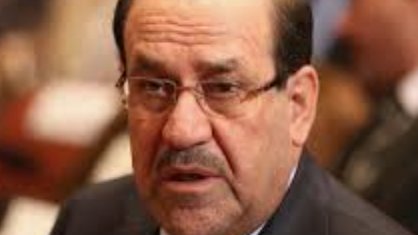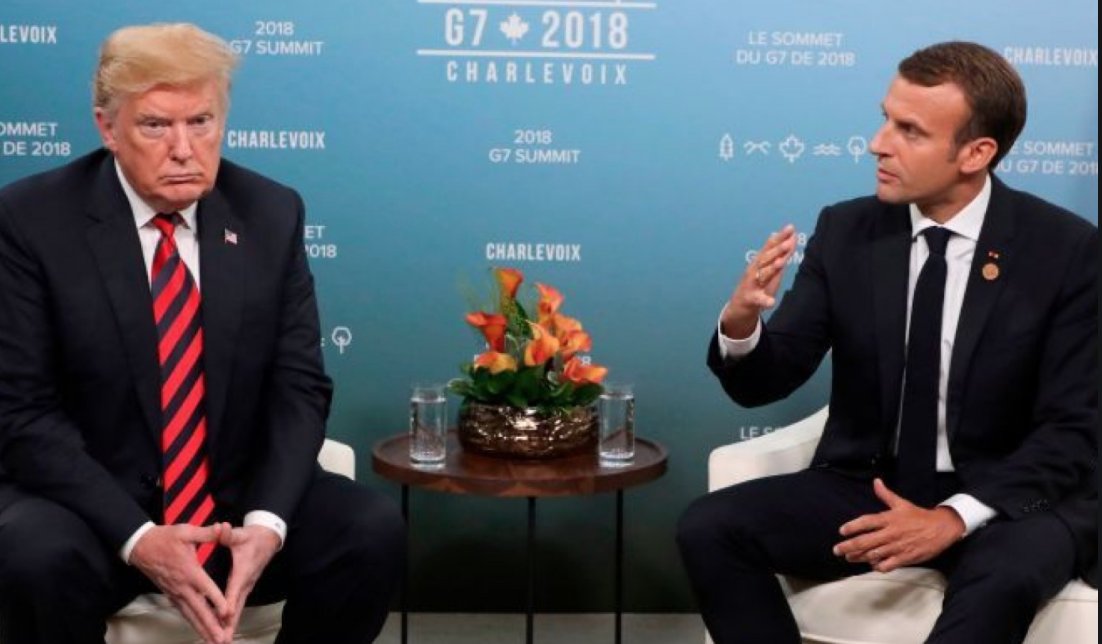
Former Iraqi PM Al-Maliki: We Would Have Sent The Iraqi Army To Fight In Syria If It Were Needed To Prevent The Fall Of The Al-Assad Regime
If Assad were to fall, an invasion by Al-Nusra, Al-Qaeda & others into Iraq, Lebanon, & Jordan would have ensued ow.ly/EFLg30rqoM9
If Assad were to fall, an invasion by Al-Nusra, Al-Qaeda & others into Iraq, Lebanon, & Jordan would have ensued ow.ly/EFLg30rqoM9

The interesting part of Maliki's assertion is not whether Iraq had the capability to send forces to Syria in 2014, but that ISIS's success changed the region. The collapse of the US-assembled, Iraqi army underlined the importance of religion in mobilizing military force.
The collapse of national solidarity sparked sectarian & ethnic mobilization across the region. Shi'a forces mobilized in face of Sunni successes. Sistani called for the Hasd. Hizb doubled down. US sided w Hasd & pivoted to the Kurds in Syria, dropping the Sunni Arab militias.
Sure, Maliki is a blowhard. The Iraqi army was in free fall in 2014, but the interesting part of his statement is to underscore how terribly the US miscalculated. It believed that it could build power-sharing democratic states to replace sectarian anxieties. It did the opposite.
• • •
Missing some Tweet in this thread? You can try to
force a refresh






